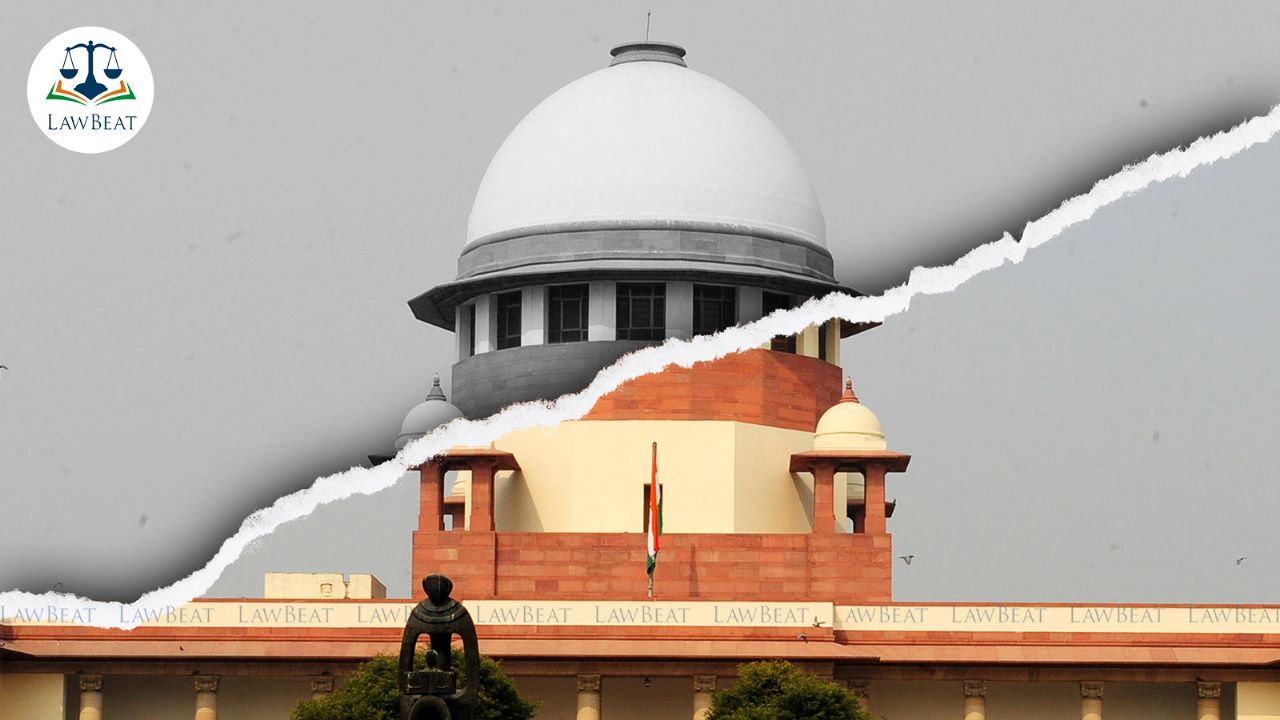Supreme Court Defers Hearing on Pleas Seeking to Bring Political Parties Under RTI Act

The petition before the Top Court sought to bring all recognised political parties under the ambit of the RTI Act, 2005
The Supreme Court of India on Friday deferred hearing in pleas seeking directions to declare all political parties as "public authorities" under the Right to Information (RTI) Act, 2005.
While hearing the matter, a bench comprising Chief Justice of India (CJI) Sanjiv Khanna and Justice Sanjay Kumar posted the matter for April 21.
The court accordingly also asked the relevant parties to file responses.
The court was hearing a petition filed by the NGO Association for Democratic Reforms (ADR) seeking direction to declare all national and regional political parties to be public authorities under the Right to Information Act, 2005.
Relying on the Central Information Commission(CIC)'s order dated 03.06.2013, the plea stated that it had declared 6 national political parties namely," the Indian National Congress (INC), Bharatiya Janata Party (BJP), Communist Party of India (Marxist) [CPI(M)], Communist Party of India (CPI), Nationalist Congress Party (NCP), and Bahujan Samaj Party (BSP)—as public authorities under Section 2(h) of the RTI Act."
Appearing on behalf of ADR, Advocate Prashant Bhushan contended before the bench that political parties must be considered public authorities under the RTI Act.
Notably, Advocate Ashwini Upadhyay also filed a similar petition before the court in 2019.
The Top Court had earlier tagged both matters together for a joint hearing.
Upadhyay's plea sought to declare the political parties, registered under Section 29A of the Representation of the People Act, 1951, to a “Public Authority” under Section 2(h) of the Right to Information Act, 2005,
The petition cited Section 29C of the RPA, stating that political parties are required to report the donations received by them to the Election Commission. It further added that this obligation imposed on the parties also indicates their public nature.
In July 2023, the Central government informed the Apex Court that an order of the CIC cannot be used to seek a writ before the Supreme Court to bring political parties under the ambit of the RTI Act.
Case Title: Association for Democratic Reforms vs. Union of India Cabinet Secretary
Inputs: PTI
